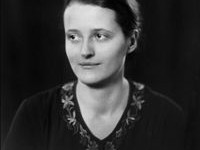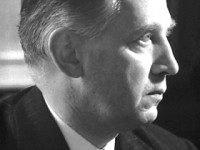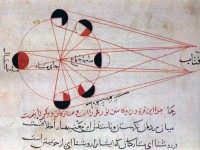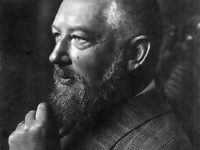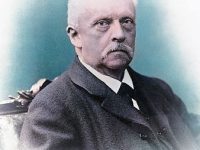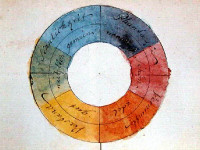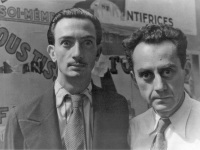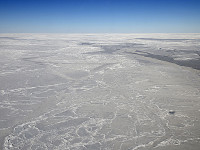Harvey Fletcher – the Father of Stereophonic Sound
On September 11, 1884, US-american physicist Harvey Fletcher was born. Considered as the “father of stereophonic sound” he is credited with the invention of hearing aids and is well known for his contributions in acoustics, electrical engineering, speech, medicine, music, atomic physics, sound pictures, and education. Harvey Fletcher – Early Years Harvey Fletcher was raised in Utah in a religious community. He received his early education at he Brigham Young University where…
Read more


